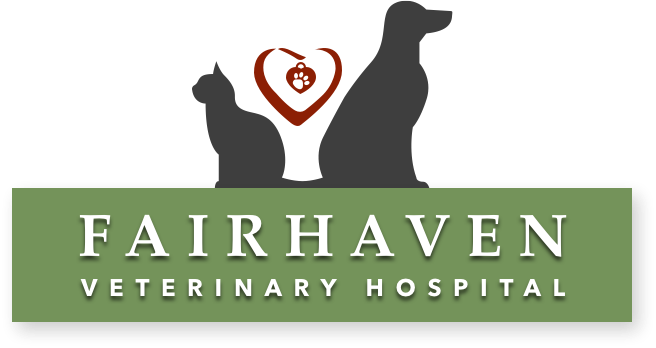Socialization is a critical time period in the development of young animals, allowing them to lead well-adjusted lives and to encourage a future of positive interactions with people, places, animals, and things.
Technically this socialization period begins around 3 – 4 weeks of age, though most pet parents don’t usually pick-up their new puppy or kitten until 8-10 weeks. The period ends around 13 – 14 weeks (10 – 11 weeks in kittens); however, even after this time, there is still an opportunity to make a positive impact and reduce future fear, anxiety and stress.
This critical socialization period is when your kitten or puppy is most open to new experiences, experiences which set the tone for how they will likely respond to stimuli throughout their life. Poor socialization can have severe lifelong effects, including fear related aggression which is one of the most common reasons for relinquishment or premature euthanasia.
Puppies
It is important to give your new puppy opportunities to meet and interact with a wide variety of people, friendly dogs, and other healthy puppies. It is also important to expose them to scents, sights and sounds. Handling your puppy frequently and thoroughly is crucial in this initial stage. Be sure to get them accustomed to having their feet, ears and mouth touched, as well as, the rest of their body. This can be a great time to start a tooth brushing routine and to also introduce nail trimming. It can be helpful for your puppy to experience interactive toys, encounter a variety of surfaces (including steps!) and go on car trips. Early work with these experiences can build healthy habits and successful interactions for years to come!
Because of the timing of this socialization period, it is very important to take your puppy out in the world before they have completed all their vaccinations. While taking precautions to minimize exposure to health risks is very important for your new puppy, it’s absolutely okay to be around other healthy, vaccinated dogs, especially at puppy classes! Be sure your puppy is up to date on initial vaccinations, deworming and parasite preventatives appropriate to their age and you will greatly reduce risk of exposure.
Your puppy’s first veterinary visit should be scheduled as soon as possible after adoption and also serves to help with socialization in three important ways:
1. Learning to love the veterinary clinic – they will meet unknown people, hear strange noises, encounter new smells, and may see other animals. Our Fear Free approach at Fairhaven Veterinary Hospital helps to keep these visits fun and to encourage positive associations that will serve your puppy well in the future.
2. Discuss socialization – experience and accept different situations, places, animals and people with positive associations and the Veterinarian may make recommendations such as beginning puppy classes.
3. Discuss house-training – how to encourage elimination at the place deemed appropriate by the pet parent.
Even if you adopt an older puppy or adult dog, it is still very important to practice good socialization reinforcement via gradual, positive exposure to new stimuli. It’s not too late, but it may take more time. Your Veterinarian will have recommendations on how to proceed at any time with other behavior challenges. Ideally, this is best done before a behavior becomes problematic.
Here are some great books you may wish to review before your new puppy or adult dog arrives:
Decoding Your Dog – by the American College of Veterinary Behaviorists
Puppy Start Right – by Dr. Kenneth Martin, board-certified veterinary behaviorist, and Debbie Martin, a veterinary nurse with a specialty behavior certification
Kittens
The kitten socialization period ends earlier than puppies and often occurs prior to adoption; however, it’s not too late to have an impact! Like puppies, this is the best time to help a kitten learn to enjoy new sights, smells, sounds, people and animals.
Kitten classes are less common, so most of the work happens at home. It is vital to give your kitten opportunities to experience handling, meet new people, and potentially interact with other animals in a supervised environment. Be sure to handle your kitten often, including ears, mouth, feet and belly. Find treats that they like and practice trimming their nails using these treats as immediate reward for their cooperation. Keep the sessions short and positive, and if they are hesitant about any experience, stop and try again later.
This is a great time to introduce your kitten to appropriate toys and how to play with them (i.e. the feather toy, scratching post or laser, NOT the fingers or couch). Your kitten should be started on a daily routine that includes some play sessions that you initiate; avoid unwanted play seeking or aggression at other times. You can absolutely work with your kitten to learn behaviors like “sit” or “go to place” with positive rewards. Those behaviors can then be called upon as substitution in the future to avoid unwanted ones. One exciting new trend for cats of any age are “interactive feeding toys” that allow kittens and adult cats to express their innate need to hunt and stalk prey rather than expecting a full bowl of food several times a day.
Just like puppies, initial visits at the veterinary hospital are critical in getting your kitten off to a good start with many of the same topics discussed by your Veterinarian.
We look forward to meeting your new puppy or kitten and starting them down the path to good behavior!

